One can know nothing of giving aught that is worthy to give unless one also knows how to take
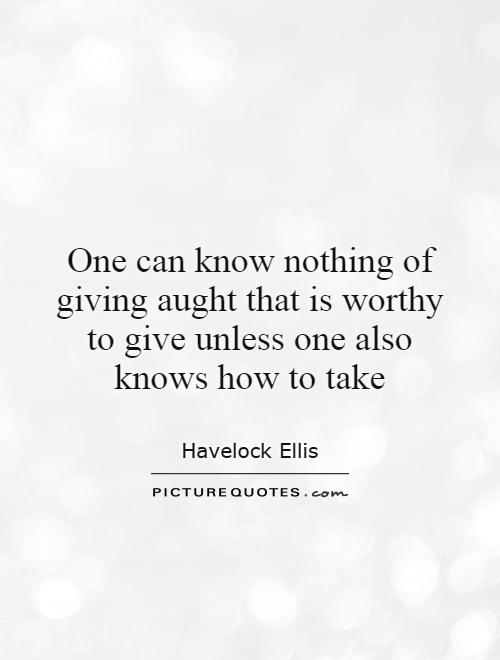
One can know nothing of giving aught that is worthy to give unless one also knows how to take
Havelock Ellis, a renowned psychologist and social reformer, believed in the interconnectedness of giving and receiving. He understood that in order to truly give something of value, one must also be able to receive in return. Ellis recognized the importance of balance in relationships and the reciprocity of giving and taking.Ellis believed that giving and receiving are two sides of the same coin. To give without being able to receive is to deny oneself the opportunity for growth and connection. Similarly, to only take without giving back is to create an imbalance in relationships and hinder personal development. Ellis saw the act of giving and receiving as a fundamental aspect of human interaction, essential for fostering healthy relationships and personal well-being.
In the context of "One can know nothing of giving aught that is worthy to give unless one also knows how to take," Ellis emphasized the importance of understanding both sides of the equation. He believed that true generosity comes from a place of openness and vulnerability, where one is willing to both give and receive with grace and humility. By being able to receive, one acknowledges their own needs and vulnerabilities, allowing for a deeper connection with others.
Ellis also recognized the power dynamics at play in giving and receiving. He understood that the ability to give and receive is often influenced by societal norms and expectations. In a world that values self-sufficiency and independence, it can be challenging to both give and receive with authenticity and vulnerability. Ellis encouraged individuals to challenge these societal norms and embrace the interconnectedness of giving and receiving.
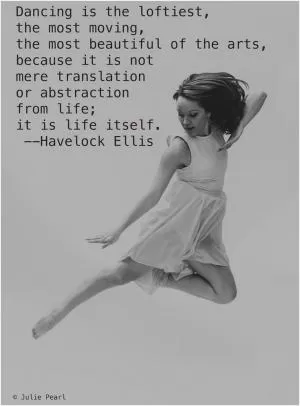



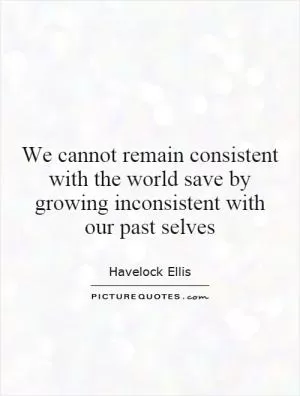
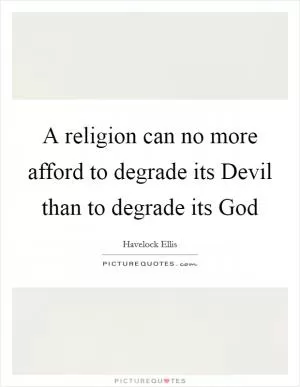
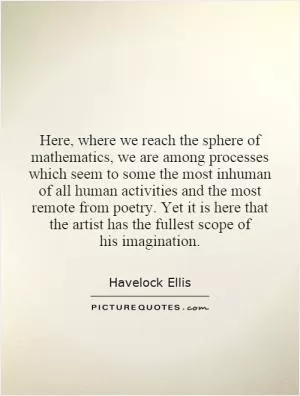
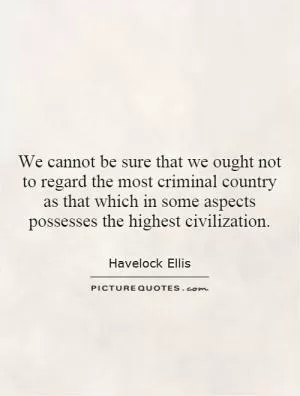
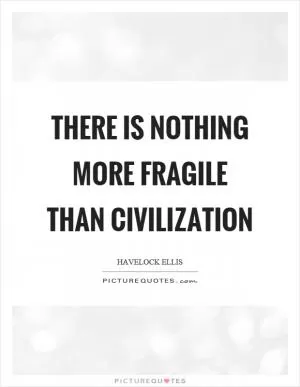
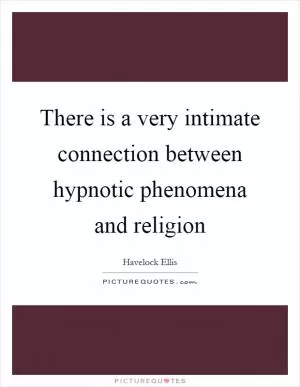
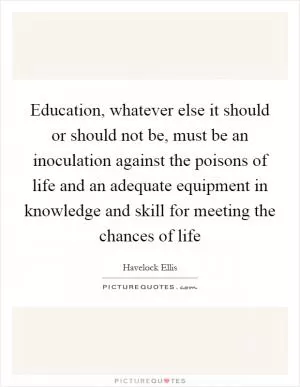
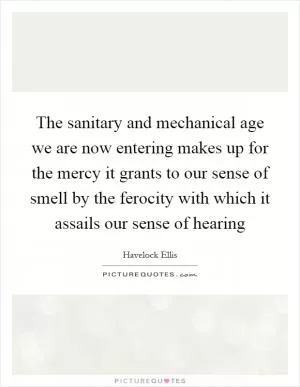
 Friendship Quotes
Friendship Quotes Love Quotes
Love Quotes Life Quotes
Life Quotes Funny Quotes
Funny Quotes Motivational Quotes
Motivational Quotes Inspirational Quotes
Inspirational Quotes